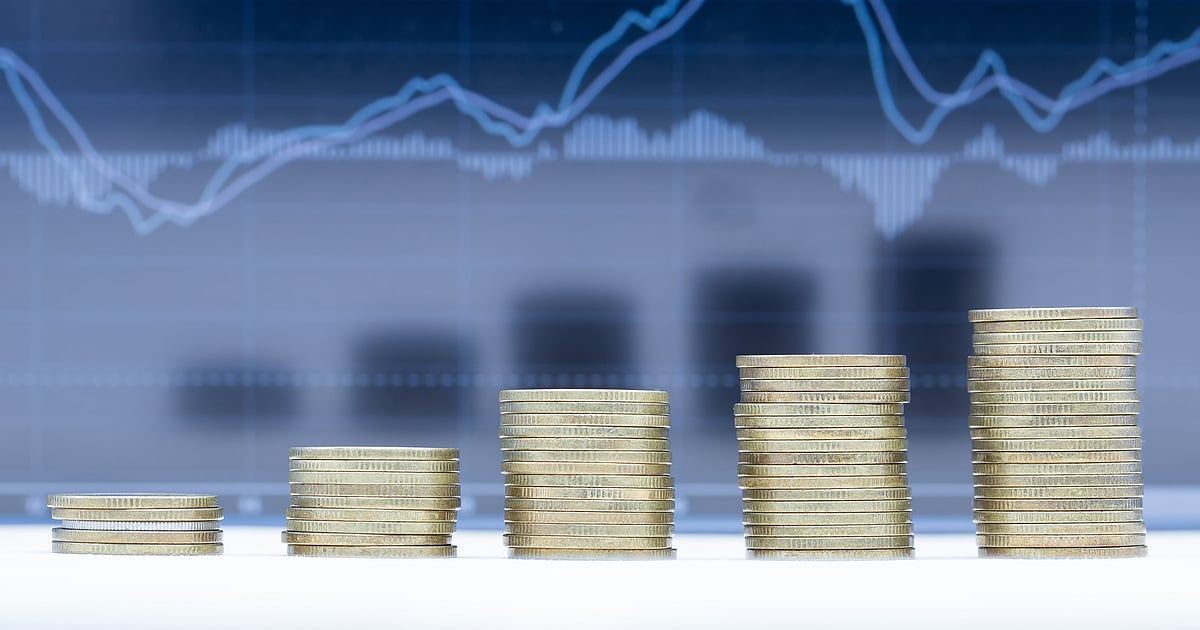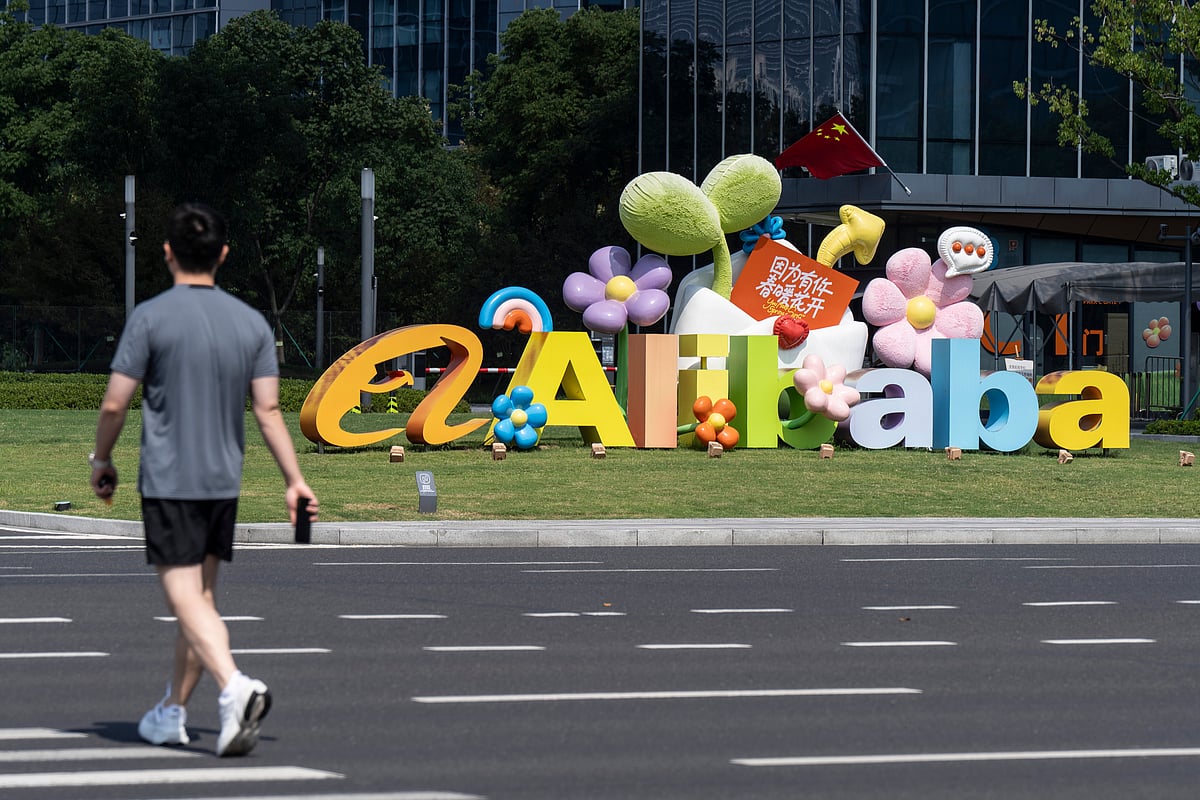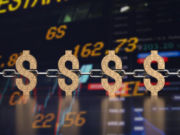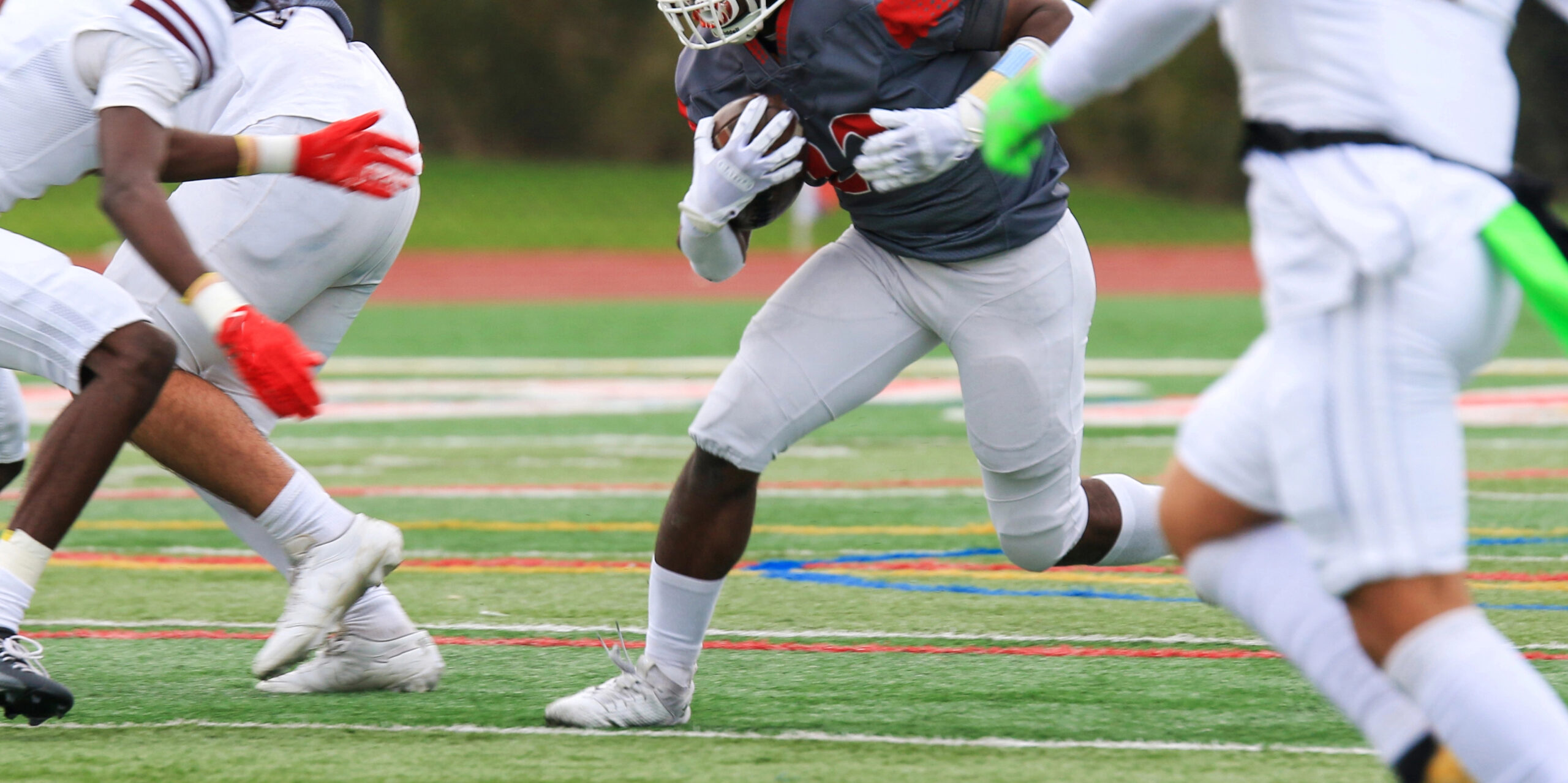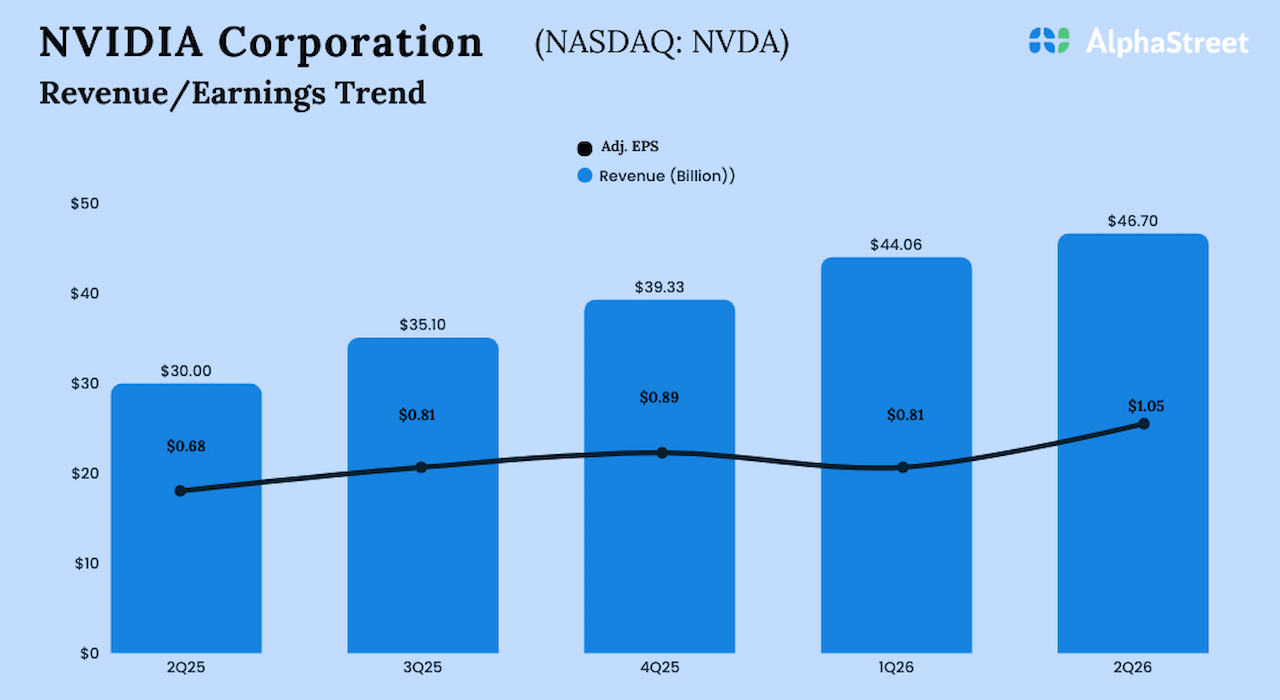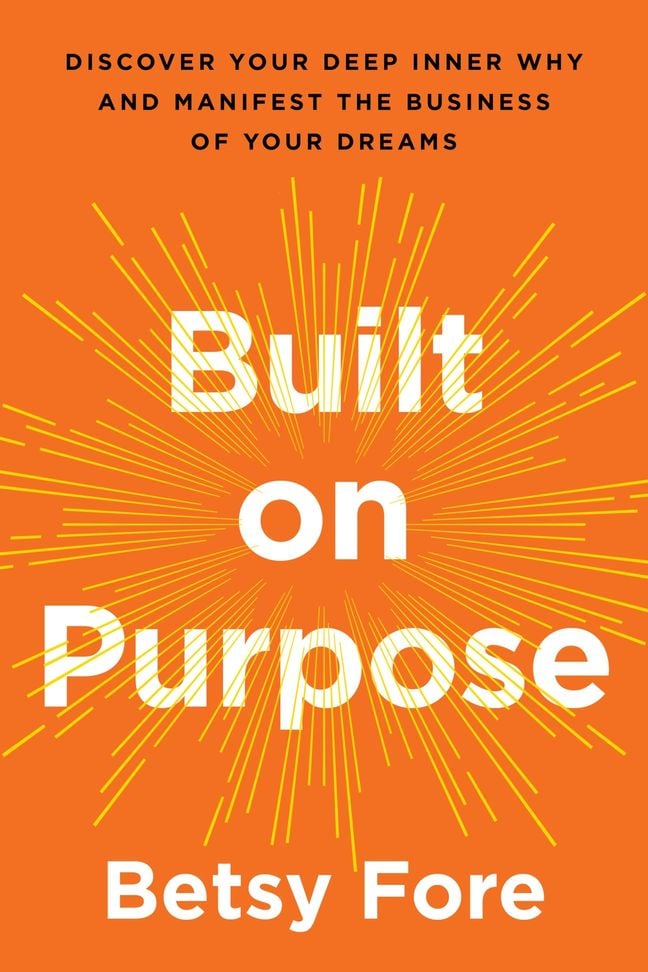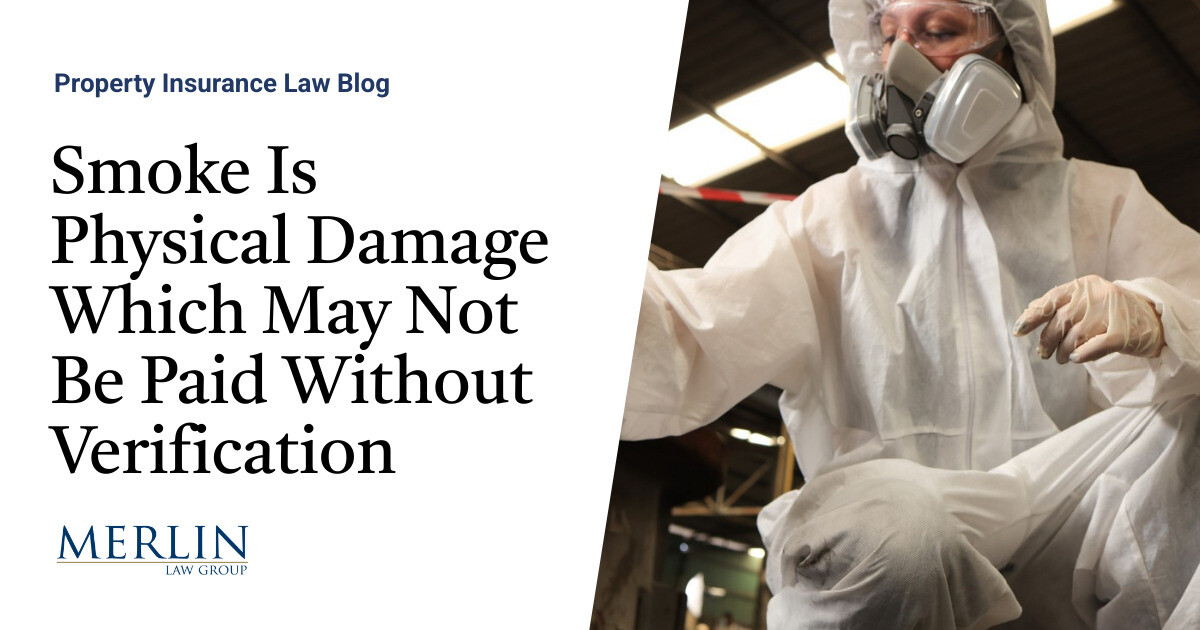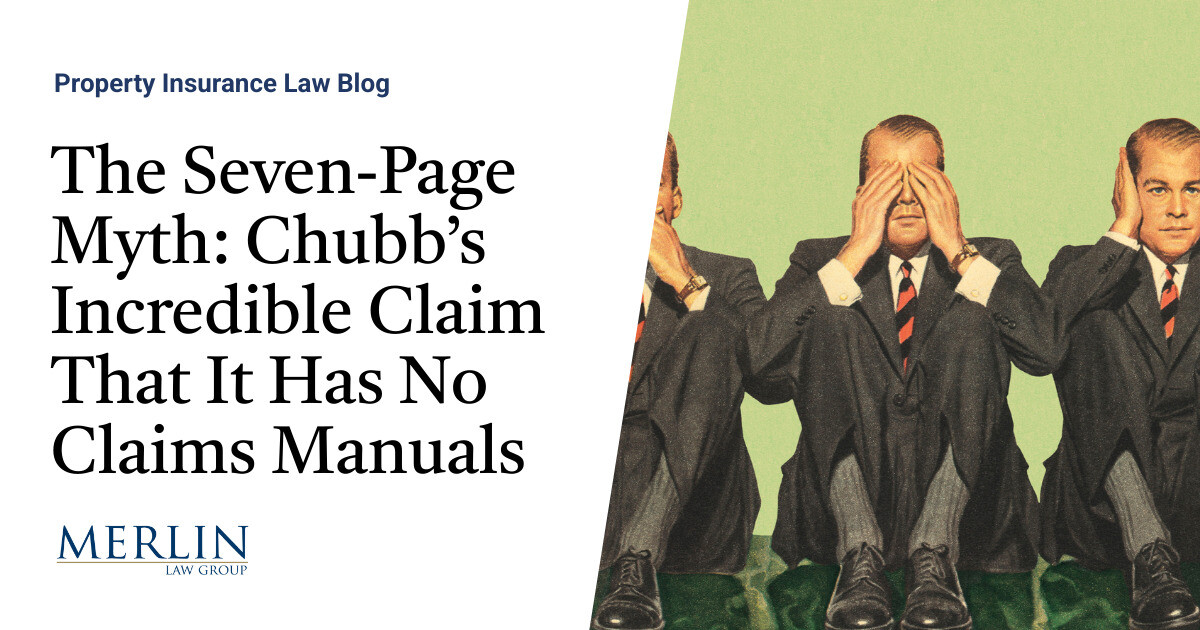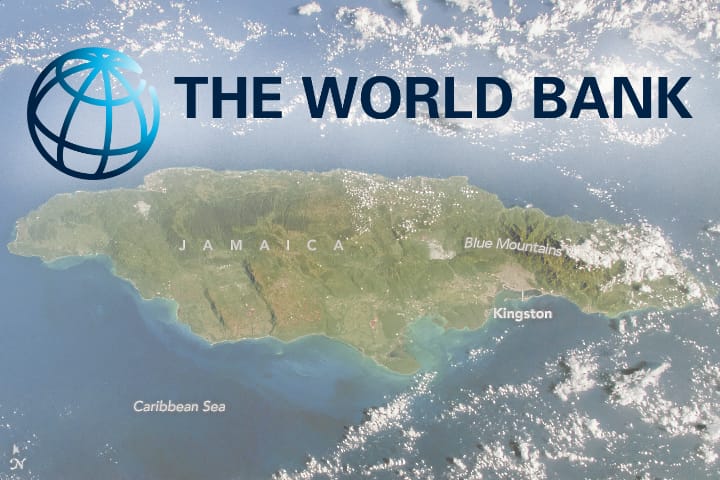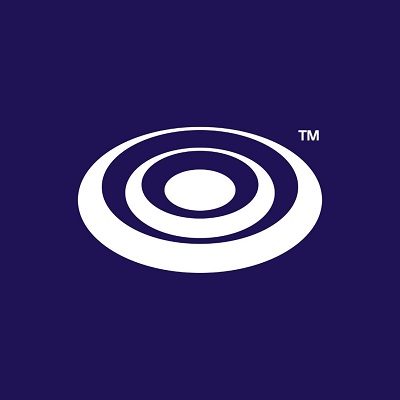fizkes/iStock via Getty Images
In the past month, Dave (NASDAQ:DAVE) stock has surged 32% to $0.41 at the close of trading Friday, but it still has a long way to go if it’s to retake the $8.27 per share level when it de-SPACed on Jan. 5, 2022.
Still, the business is doing well, said CEO Jason Wilk during a recent interview with Seeking Alpha. The company’s “core value proposition” is a checking account with no hidden fees that comes with $500 of interest free overdraft whenever the customer needs a little extra cash between paychecks. Appropriately, that feature is called “ExtraCash.”
Dave (DAVE) charges members a $1 per month subscription fee. If a member wants to borrow up to $500, they can get the money transferred to their bank account for free using ACH, which takes one to three business days, or they can choose instant payment on a debit card for a small processing fee. Dave (DAVE) also asks for a tip. Customers can pay what they think is fair, from zero to 15% of the overall extended amount.
While the ExtraCash feature of Dave (DAVE) accounts attracts new members, the use of its debit card is where the company makes its money. “We have an amazing business model with our Dave debit card, where we want to get as many people to start using that, as we make money from interchange fees on that from Mastercard (MA),” Wilk said. “For every thousand dollars they spend on their Dave card, we’re making about $15.” He explains it as a fee that Mastercard gives Dave (DAVE) as an incentive to drive transactions on the card network.
“So we bring in a customer to use ExtraCash and that drives very efficient acquisition and as of the third quarter of this year, we’re now giving every single one of our customers that joins a Dave card,” he said. And the incentive “for people to start using our card is mostly that it’s instant access to ExtraCash and faster.” Making the card a “natural part of the product” is helping to shift the company’s business from credit-based revenue to non-credit-based revenue.
Wilk sees opportunity to improve its profit margin by optimizing its pricing model and renegotiating some contracts it originally entered when it was a smaller business. “For example, we got into our Dave card business, our contract, before we had any kind of scale. Now we have pretty significant scale, so we’re redoing our negotiations with our processor as well as Mastercard (MA),” he said.
The company expects to be “at least run-rate profitable in 2024,” Wilk said.
Expanding its product line will also help toward that end. The company will be introducing an expansion of its Side Hustle product in coming weeks. Side Hustle is a job-finding tool that helps member to apply and find work at businesses like Uber and DoorDash. “It’s a product that people continue to relay on in any kind of economy to find additional work to afford everyday expenses,” Wilk said.
“Goals”, another product that it has rolled out, “is seeing nice traction,” he said. That product helps members to save up for life events through recurring withdrawals from their accounts.
One thing the company isn’t planning on doing anytime soon is obtaining a bank charter. Dave’s (DAVE) general counsel, John Ricci, came from Green Dot (GDOT), which does have a bank charter. His recommendation was not to get involved with that, Wilk said. Until the point where its deposit volume gets large enough and interest rates reach a certain level to make it worth lending out its own deposits, “it’s probably not worth the effort,” he said. But “there is a level that we would cross, where it would be hard not to at least consider it.”
For more from the interview, read Dave stock jumps as CEO assures it has enough cash to become profitable
In October, SA contributor Leo Imasuen looked at Dave (DAVE) and its place in a crowded market of online checking accounts.





